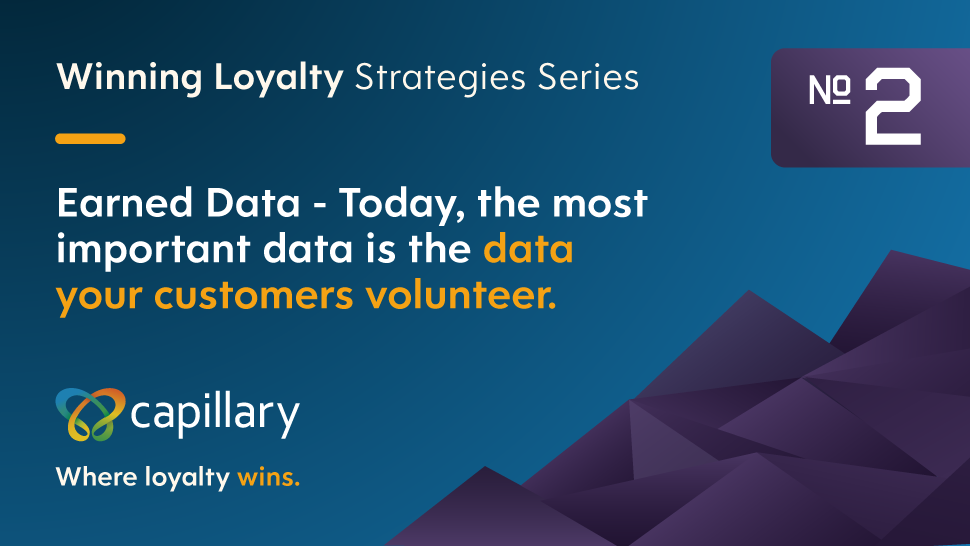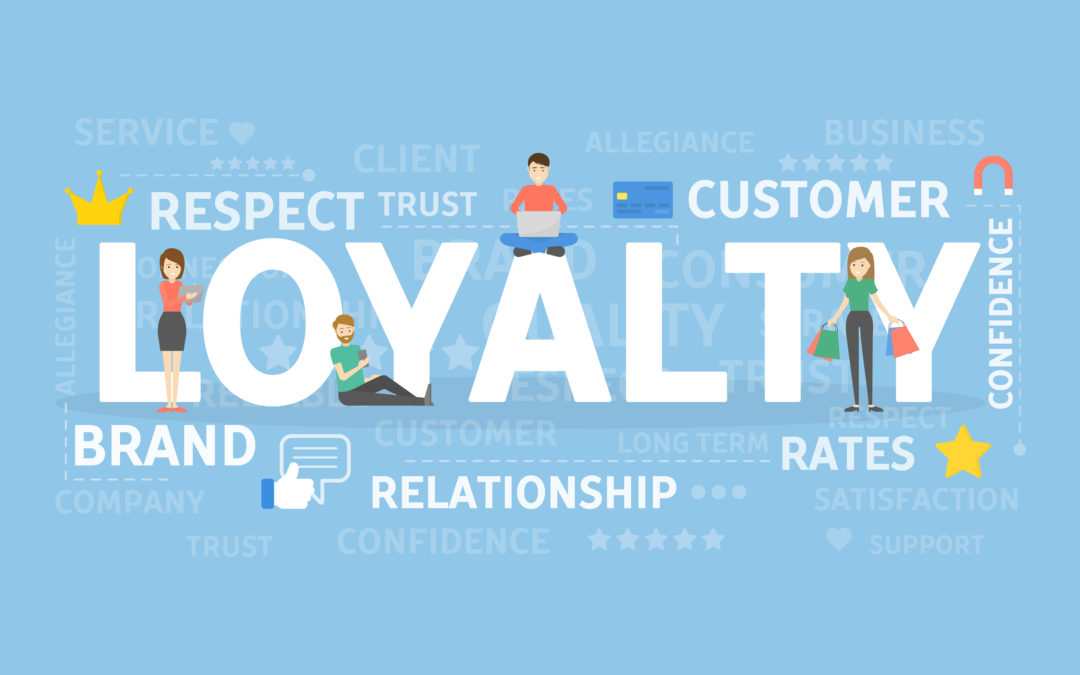- Design industry shaping loyalty programs
- Integrate easily and go live quicker
- Deliver hyper-personalized consumer experiences
Blue Rewards from Al Futtaim Group Shares Loyalty Success Stories and Evolution. Watch Podcast >
Capillary Announces 2nd Annual Captivate 2025 Summit: Transforming Loyalty Management with New AI Tech Read more >

The third-party cookie—that piece of code that allows smartphone apps and websites to track your interactions across the internet—is dying a slow death.
Last year, one platform began blocking cookies, and more will follow suit by the end of 2023. These changes have come due to increasing consumer concern about the safety and security of their online interactions, a concern that has resulted in legislation such as the European Union’s General Data Protection Regulation (GDPR) and the California Consumer Privacy Act. These changes will have a dramatic impact on the estimated $600 billion market for digital advertising. [1]
Zero-party data such as contact information, preferences, and interests; and first-party data such as interactions with company websites, apps, and social media. To replace the retargeting data lost to the demise of third-party cookies, marketers will increasingly rely on data voluntarily shared with them by their customers.
But consumers are increasingly aware of the value of their personal data. A recent Cisco study, for example, found that 76 percent of consumers surveyed are willing to spend time and money to protect their personal data. [2]
To share zero-and-first-party data willingly, customers will increasingly expect to receive value beyond basic product/service offerings. The dilemma for marketers: How can we deliver the value and personalization required for marketing success in a world without anonymous digital tracking?
A world without third-party data tracking means that brands will be forced to choose one of the four marketing futures we outlined in our introduction. If you seek the path of Intelligent Offers—a path of high data control and reciprocal, long-term relationships with your customers—then the obstacles become both immediate and obvious. How do you make the transition from relying solely on digital retargeting and third-party data to collecting and actioning zero- and first-party data? How do you overcome customers’ resistance to sharing personal data with marketers? How do you capture the earned data that mass marketing can’t provide?
Thanks to today’s next-generation loyalty and engagement platforms, the road to Intelligent Offers is now navigable for brands seeking to transition successfully into the post-cookie world. An engaging and frictionless onboarding experience delivers zero-party data in the form of category selection, location tracking, and communication preferences. Hyper-personalized and relevant offers presented through engaging mechanics deliver first-party data in the form of offer response and behavioral parameters.
Customers engaging with these platforms understand the data-value exchange: They volunteer zero- and first-party data in exchange for relevance, personalization, and immediate value. That’s the power of earned data—and brands who navigate this path successfully can enjoy deeper and more profitable relationships with their customers.
To leverage the data-value exchange and navigate the post-cookie future, focus on these core approaches:
Enable an easy and friendly process for your customers to indicate preferences and select reward categories.
Deliver hyper-relevant offers and communications to learn more about your customers while keeping them engaged.
Demonstrate immediate value to your customers by acting swiftly on their volunteered data.
Stay tuned for part three of our Winning Loyalty Series where we focus on dynamic personalization and how it affects the consumer in the marketplace.
–

November 3, 2018 | 4 Min Read
Brand Loyalty as a product presents unique opportunities whi

October 15, 2012 | 4 Min Read
When Apple announced its new Passbook feature with the new i

April 2, 2014 | 4 Min Read
The retail universe is expanding and shrinking at the same t